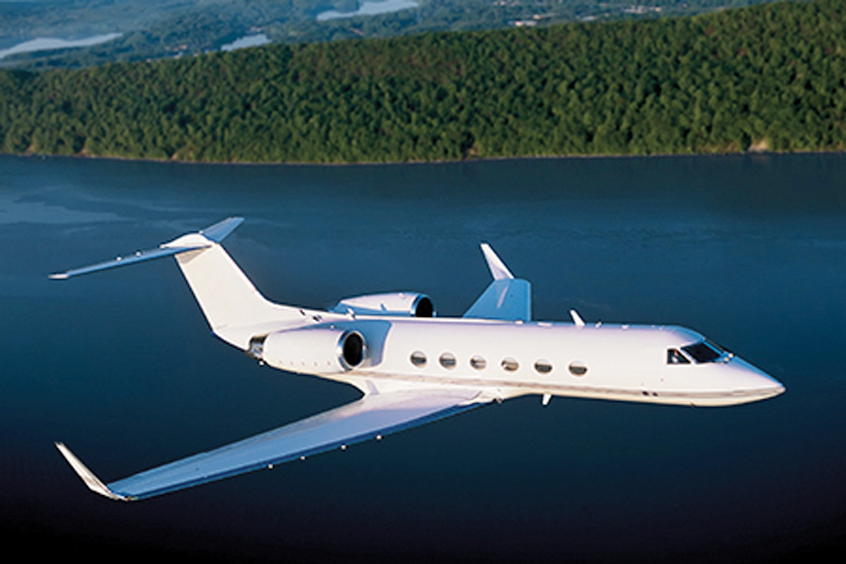Why visit ACE ’25?

The Rolls-Royce Tay 611-8 engine entered service in 1987, and recently achieved another incredible milestone by reaching 10 million flying hours in nearly five million flights. The engine powers a range of Gulfstream large-cabin business aircraft such as the Gulfstream GIV, GIV-SP, G300 and G400.
The performance of the Tay 611-8 enabled the Gulfstream GIV to revolutionise the business aviation market with its high cruising speed and an intercontinental range of about 4,300 nm. Over the past three decades, the engine has achieved numerous records for speed and range. These achievements have been perpetuated by its successor, the Tay 611-8C, powering the Gulfstream G350 and G450. There are over 1,700 Tay 611-8 and -8C engines in service today, many are supported by Rolls-Royce CorporateCare programme.
The background to the first Tay order contract is part of aviation history. In December 1982 the basic details, including engine price, quantity and payment terms, were written on a napkin in less than 10 minutes by Sir Ralph Robins, who at the time was the company's managing director, and Gulfstream founder and then chairman and CEO Allen Paulson. The deal was formally settled in March 1983.
Rolls-Royce director business aviation Dirk Geisinger says: “Reaching 10 million flying hours is an impressive milestone and we are very proud of this achievement. With its legendary reliability, the Tay 611-8 became the benchmark for ultra-reliable long distance business aircraft and perfectly illustrates why Rolls-Royce is the leading engine manufacturer in business aviation.
“The Tay family, with its proven performance, has been very successful for us and has propelled our market leadership in this sector. Combining this engine with our latest aftermarket programme, CorporateCare Enhanced, raises the bar for the whole industry by introducing uncapped troubleshooting, coverage for mobile repair team travel costs and nacelle coverage on later engine models.”
He adds: “CorporateCare Enhanced provides our customers with a global support infrastructure which includes engine health monitoring, a worldwide network of authorised service centres and globally distributed spare parts and engines, all managed by our dedicated 24/7 business aircraft availability centre. Our customers benefit directly from this investment in proactive care, and in most cases are prevented from missing a planned trip.”